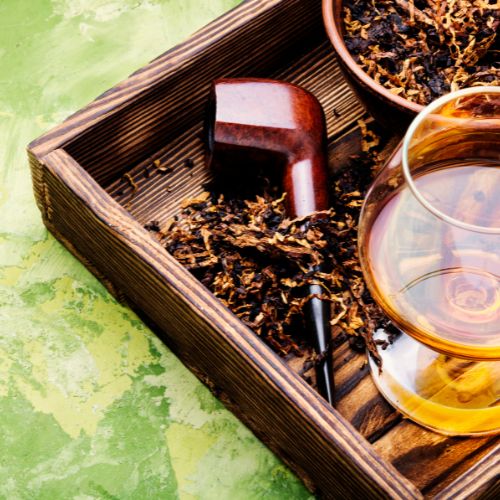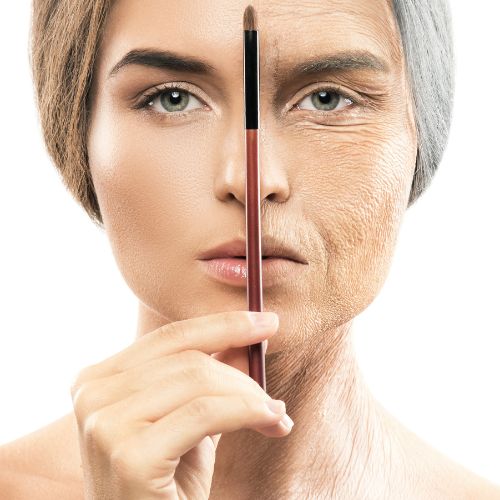In the world of Ayurveda, Panchakarma stands as a holistic therapy focused on detoxification and rejuvenation. Though not a direct cure for hypertension, this ancient practice plays a crucial role in enhancing overall well-being, potentially aiding in hypertension management.
Stress Reduction: In the hustle and bustle of modern life, stress takes a toll on our health, especially when dealing with hypertension. Panchakarma offers therapies like Shirodhara (gentle oil pouring on the forehead), Abhyanga (relaxing full-body oil massage), Takradhara, and meditation. These practices promote relaxation, reduce stress, and calm the nervous system—vital elements in the management of hypertension.
Detoxification: Panchakarma’s Virechana (controlled purgation) and Basti (medicated enemas) therapies work as diligent detox agents, eliminating accumulated toxins from the body. This detoxification process enhances the functionality of various organs and systems, potentially contributing to improved blood pressure regulation.

Balancing Doshas: Ayurveda identifies three doshas (Vata, Pitta, and Kapha) and believes imbalances lead to various health issues, including hypertension. Panchakarma takes a personalized approach, employing individualized treatments, dietary suggestions, and herbal remedies to bring these doshas into harmony—an essential step in hypertension prevention.
Improved Circulation: Blood circulation plays a pivotal role in overall health, and Panchakarma therapies like Abhyanga and Swedana (herbal steam therapy) contribute to enhanced blood flow. Improved circulation can positively impact blood pressure regulation, making these practices valuable in the holistic approach to hypertension care.
Incorporating Ayurvedic Panchakarma into your wellness routine doesn’t just aim at specific symptoms; it strives for comprehensive health improvement.
Hypertension, or high blood pressure, is not just about numbers on a monitor. It happens when the blood pushing against the walls of your arteries is consistently too strong.
Imagine your arteries as important roads that carry blood throughout your body to keep it healthy. But when this blood force is too high, it can damage these roads and might cause serious problems like heart attacks or strokes.
In simpler terms, hypertension is like having too much pressure in the pipes that carry blood, and this can harm the pathways your blood travels on, causing big health issues. It’s essential to keep an eye on it to prevent these complications.
Hypertension is tricky because it often doesn’t show any clear signs. Surprisingly, almost half of adults with high blood pressure don’t even know they have it. That’s why regular checkups are crucial. The good news is, you can control hypertension by making lifestyle changes – like eating a balanced diet, staying active, and, if necessary, taking medication.





Family history plays a significant role. If hypertension runs in your family, you may be at a higher risk.

Consuming excessive salt, saturated fats, and low potassium can lead to elevated blood pressure. Opting for a balanced diet is crucial in hypertension prevention.

Sedentary lifestyles contribute to hypertension. Regular exercise helps maintain a healthy blood pressure level.

Chronic stress triggers the release of hormones that can elevate blood pressure. Incorporating stress-reducing practices like meditation is beneficial.

Carrying excess weight puts strain on the cardiovascular system, leading to hypertension. Maintaining a healthy weight is a crucial preventive measure.

Smoking and excessive alcohol consumption are linked to hypertension. Quitting smoking and moderating alcohol intake can positively impact blood pressure.

As we age, blood vessels naturally lose flexibility, making them prone to hypertension. Regular health check-ups become vital with advancing age.
Panchakarma is a holistic Ayurvedic therapy that focuses on detoxification and rejuvenation. While it is not a direct cure for hypertension, Panchakarma can aid in its management by promoting overall well-being. It includes therapies like Shirodhara (gentle oil pouring on the forehead), Abhyanga (relaxing full-body oil massage), and Takradhara, which help reduce stress and calm the nervous system—important factors in managing hypertension.
Stress is a significant contributor to hypertension. Panchakarma offers various stress-reducing therapies, such as meditation and relaxing oil massages, that promote relaxation and calm the nervous system. By reducing stress levels, these therapies can help in managing and potentially lowering high blood pressure.
Yes, Panchakarma includes detoxification therapies like Virechana (controlled purgation) and Basti (medicated enemas) that help eliminate accumulated toxins from the body. This detoxification process can enhance the functionality of various organs and systems, potentially contributing to better blood pressure regulation.
In Ayurveda, imbalances in the three doshas (Vata, Pitta, and Kapha) are believed to lead to various health issues, including hypertension. Panchakarma employs individualized treatments, dietary suggestions, and herbal remedies to balance these doshas. By bringing the doshas into harmony, Panchakarma aims to prevent and manage hypertension.
Improved blood circulation is crucial for overall health and can positively impact blood pressure regulation. Panchakarma therapies like Abhyanga (full-body oil massage) and Swedana (herbal steam therapy) enhance blood flow. Better circulation helps maintain healthy blood pressure levels, making these therapies valuable in holistic hypertension care.